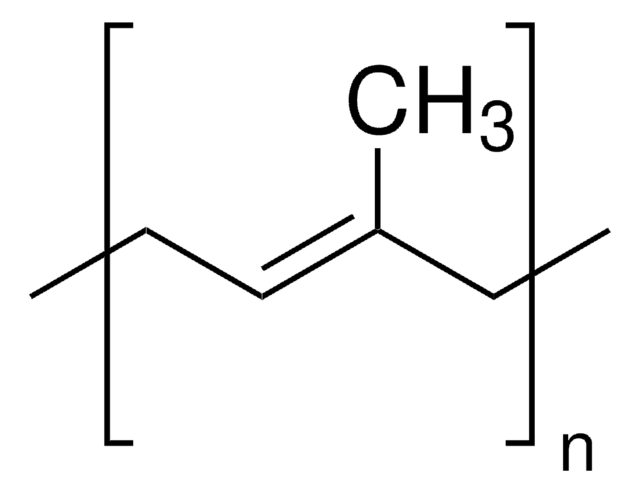647101
Silicon
wafer (single side polished), <111>, N-type, contains no dopant, diam. × thickness 2 in. × 0.5 mm
Synonym(s):
Silicon element
About This Item
Recommended Products
form
crystalline (cubic (a = 5.4037))
wafer (single side polished)
Quality Level
does not contain
dopant
diam. × thickness
2 in. × 0.5 mm
bp
2355 °C (lit.)
mp
1410 °C (lit.)
density
2.33 g/mL at 25 °C (lit.)
semiconductor properties
<111>, N-type
SMILES string
[Si]
InChI
1S/Si
InChI key
XUIMIQQOPSSXEZ-UHFFFAOYSA-N
Looking for similar products? Visit Product Comparison Guide
Related Categories
Application
- Silicon Photonics and Electronics: Discusses the integration of silicon photonics with electronics, relevant for developing high-performance computational devices, pertinent to material science and high-performance computing research (C Xiang et al., 2021).
- Silicon Silicon pi Single Bond: Details the structural chemistry of silicon and its implications in molecular and material sciences, useful for chemists interested in silicon′s applications in nanotechnology and materials science (S Kyushin et al., 2020).
Physical properties
Storage Class Code
13 - Non Combustible Solids
WGK
nwg
Flash Point(F)
Not applicable
Flash Point(C)
Not applicable
Personal Protective Equipment
Choose from one of the most recent versions:
Already Own This Product?
Find documentation for the products that you have recently purchased in the Document Library.
Customers Also Viewed
Articles
Explore methods for molecular monolayers on silicon surfaces, their properties, and applications in molecular electronics and sensing.
Continuous efficiency improvements in photovoltaic devices result from material advancements and manufacturing innovation.
Hybrid organic-inorganic sol-gel materials containing silica were first called “ORMOSILs” in 1984.
Nanomaterials are considered a route to the innovations required for large-scale implementation of renewable energy technologies in society to make our life sustainable.
Protocols
Photoresist kit offers pre-weighed chemical components for lithographic processes, with separate etchants for various substrate choices.
Our team of scientists has experience in all areas of research including Life Science, Material Science, Chemical Synthesis, Chromatography, Analytical and many others.
Contact Technical Service





